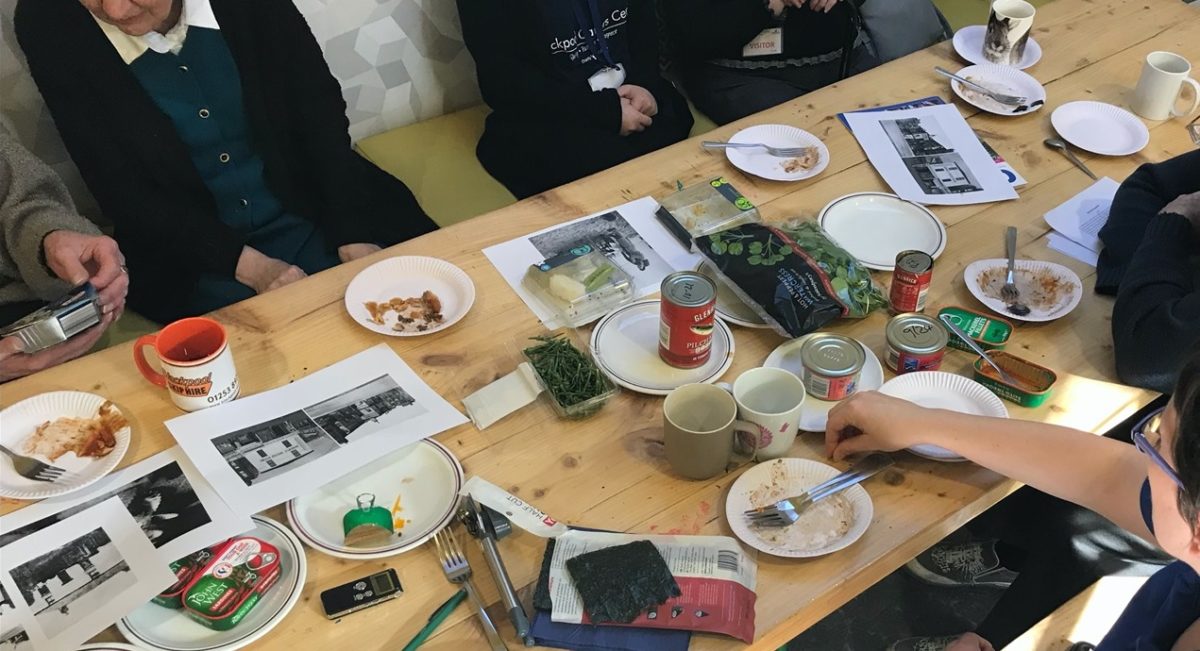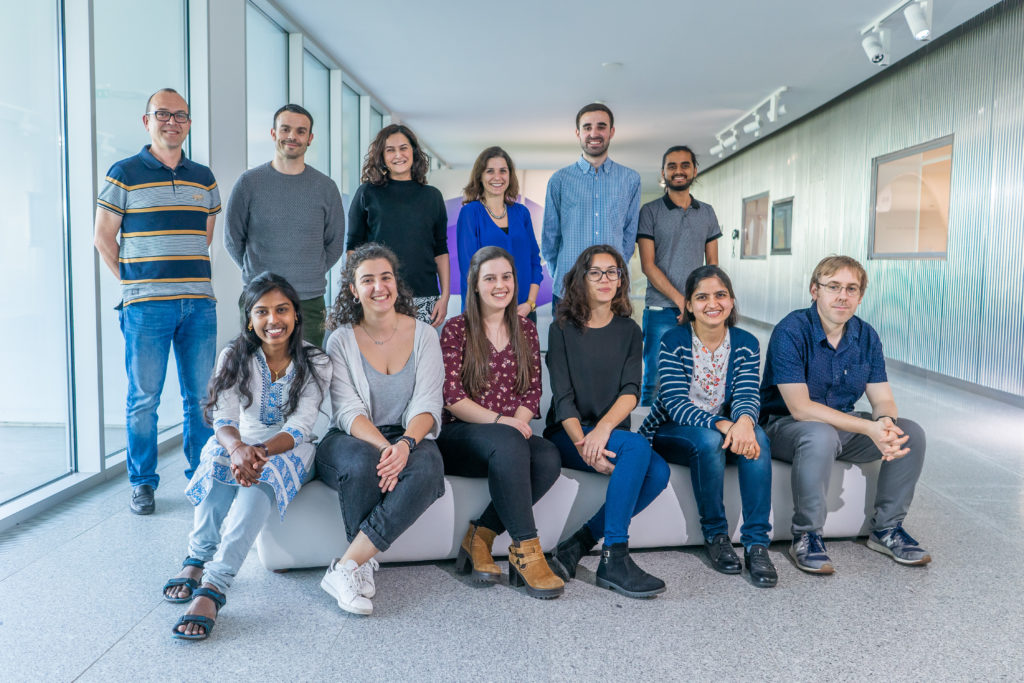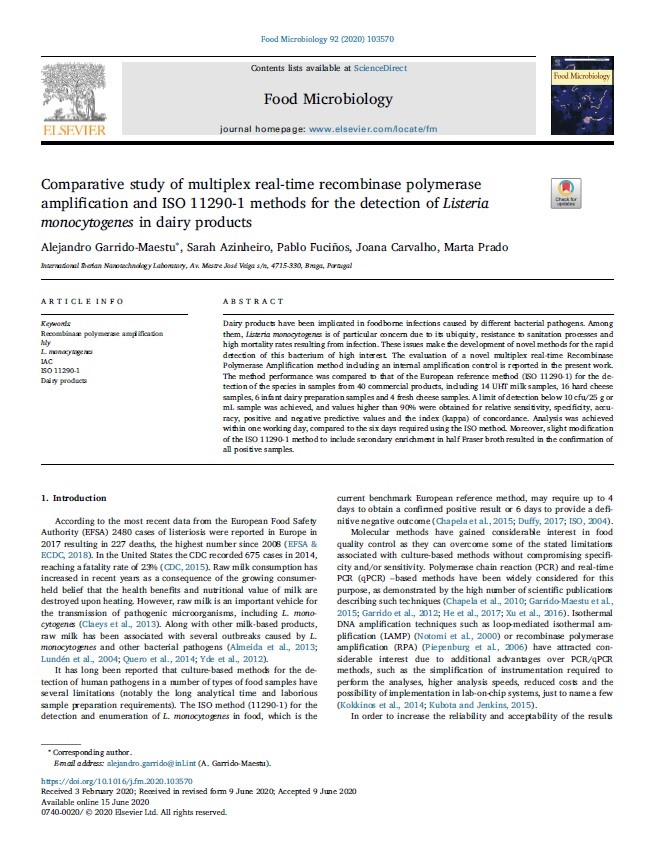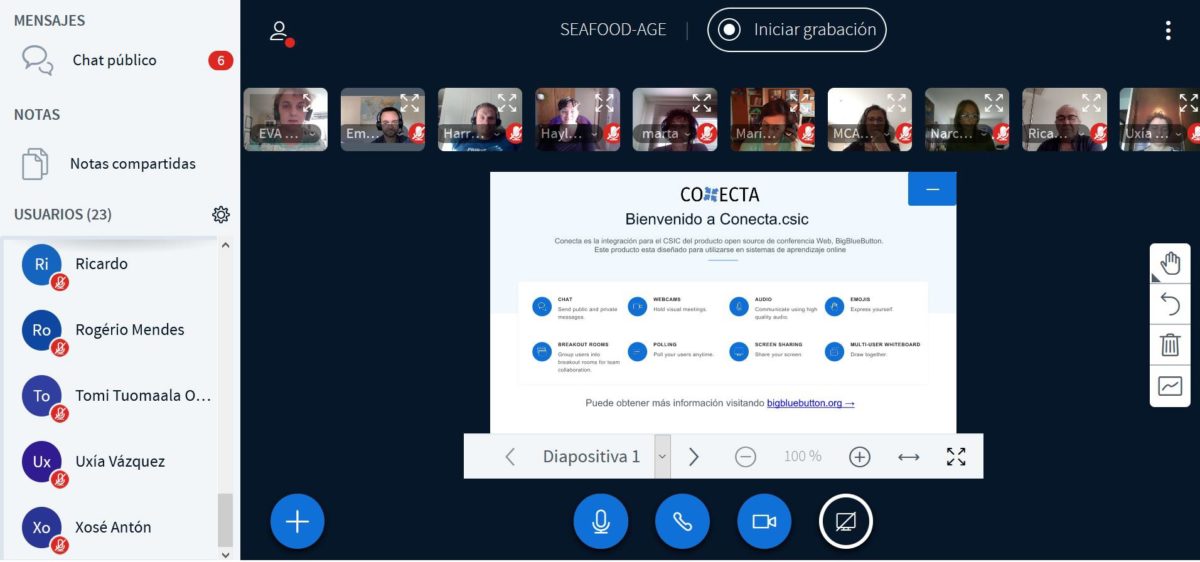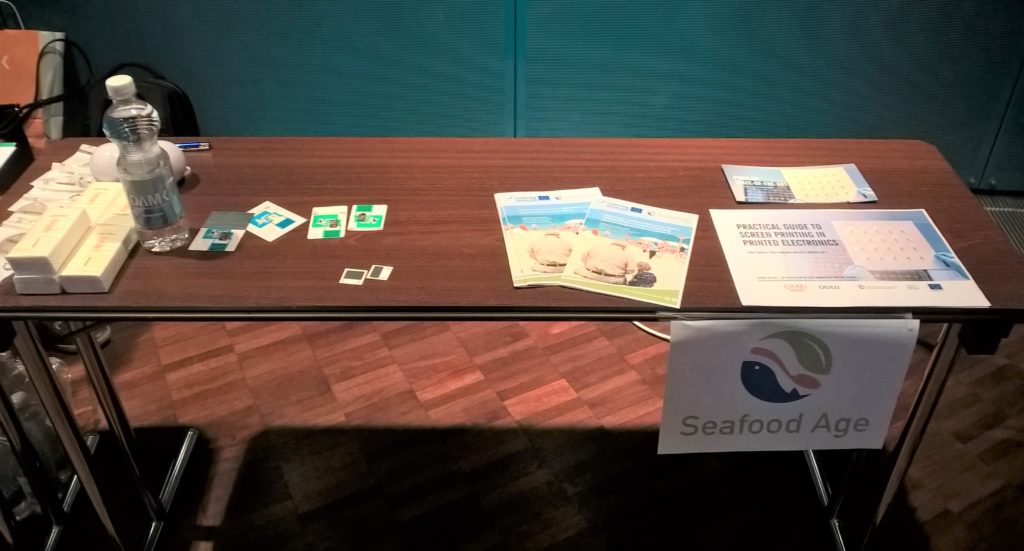On 13 March 2020, Hayley Alter, Seafood Age Research Associate held a workshop with the Active Minds group at Blackpool Carers designed to explore practices and barriers to eating fish and seafood amongst group members. Blackpool carers is a charity that supports, trains and brings respite, information and advocacy to people of all ages who care for dependents in the region. Active Minds is a group that meet for weekly sessions for older couples in which one spouse or partner has dementia and the other provides round-the-clock care.

During the workshop, we used food-tasting and images of fish and seafood products and local places to prompt conversation about the memories, sensations and experiences they associate with eating fish and seafood. We also used a recipe proforma designed to help group members use a fish and seafood recipe they make to describe and exchange wider fish and seafood preparation and eating practices, barriers and how this contrasts with what they did in the past. The report linked below explores emerging insights from the discussion, reflections on the methods used and considerations for development.
Key to the Seafood Age project is the learning from the workshop that group members rely on frozen, microwaveable and ready-to-eat products but see the ‘processes’ and ‘preservatives’ used in RTE fish and seafood as detrimental to taste, smell, and therefore, nutritional value. As a result, ready to eat fish and seafood products appear to make up a relatively small proportion of their overall diet. By contrast, the extent to which the prototype Seafood Age product will be ‘processed’ will be, in large part, to ensure its nutritional value when consumed. However, the poor perception of nutrition in processed fish and seafood products surfaced in this workshop indicates that a new design consideration for the prototype must be to address this barrier either through product or packaging.

Check out the report for more on the workshop and what we plan to do next.


